Ecodesign for variable frequency drives

The European Union (EU) Ecodesign Directive is focused on making sure we get the maximum possible performance out of any energy that is consumed. The directive provides consistent EU-wide rules for improving the environmental performance of products, from household appliances to engineering products.
The EU has set targets for energy efficiency and CO2 emission to help limit the average global temperature increase to 1.5°C. To support this objective, the latest Ecodesign Regulation (EU) 2019/1781 came into effect in October 2019 and now includes variable frequency drives (VFDs) along with a wider range of motors. A second phase, which expands the scope of the regulation and increases the requirements for motors, will commence on 1st July 2023.
Cut emissions & reduce energy consumption
How does this affect variable frequency drives?
The latest Ecodesign Directive introduces International Efficiency (IE) classes for certain variable frequency drives. From 1st July 2021, specified VFDs must meet IE2 specification. Optidrive variable frequency drives already meet these requirements.
New requirements for drive support information
From 1st July, support information for every drive covered by this directive must include its IE class and year of manufacture. VFD manufacturers must also provide power losses in terms of percentage of rated apparent output power at eight different operating points, as well as standby losses and apparent percentage power loss at various operating points.
What does IE2 mean for VFDs?
The regulation covers 3-phase standard drives with a diode rectifier in the range 0.12 kW ≤ Pn < 1000 kW. After 1st July 2021, the power losses of these drives shall not exceed the maximum power losses corresponding to the IE2 efficiency level. The efficiency level is given at the nominal point.
Invertek Drives' variable frequency drives are all built to exceed the requirements of IE2 as required by the Ecodesign Directive.
How our customers are driving energy efficiency with Optidrive
Hundreds of Invertek Drives Optidrive Eco variable frequency drives are being used in a project reducing greenhouse gas emissions in Sri Lanka as part of the NAMA project. Tea manufacturing is a major industry in the country and the VFDs are being used primarily in the withering element of the manufacturing process to reduce energy costs and improve efficiency.













